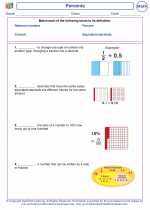Distributive Property
The distributive property is a fundamental concept in mathematics that allows us to simplify expressions and equations by distributing a factor across the terms inside parentheses. The distributive property states that for any real numbers a, b, and c:
a * (b + c) = a * b + a * c
and
(b + c) * a = b * a + c * a
In other words, when we multiply a number by the sum of two numbers, we can distribute the multiplication across the addition to simplify the expression.
Example:
Simplify the expression 3 * (2 + 4):
Using the distributive property, we have:
3 * (2 + 4) = 3 * 2 + 3 * 4
= 6 + 12
= 18
So, 3 * (2 + 4) simplifies to 18 using the distributive property.
Study Guide:
Here are some key points to remember about the distributive property:
- The distributive property allows us to simplify expressions by distributing a factor across the terms inside parentheses.
- The distributive property applies to both multiplication over addition and multiplication over subtraction.
- When using the distributive property, each term inside the parentheses is multiplied by the factor outside the parentheses.
- The distributive property is a foundational concept in algebra and is used extensively in simplifying expressions and solving equations.
It is important to practice applying the distributive property to various expressions and equations to become comfortable with this concept.
Now that you understand the distributive property, you can use it to simplify expressions and solve equations more efficiently!
[Distributive Property] Related Worksheets and Study Guides:
.◂Math Worksheets and Study Guides Fifth Grade. Percents
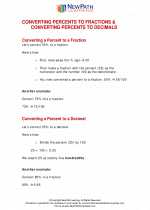
 Activity Lesson
Activity Lesson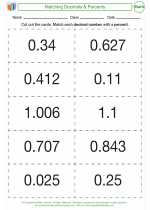
 Activity Lesson
Activity Lesson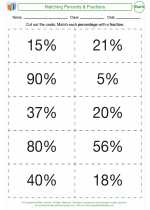
 Worksheet/Answer key
Worksheet/Answer key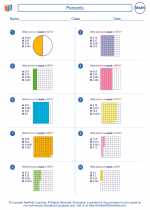
 Worksheet/Answer key
Worksheet/Answer key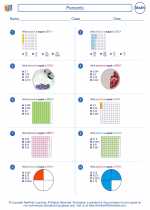
 Worksheet/Answer key
Worksheet/Answer key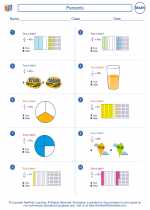
 Worksheet/Answer key
Worksheet/Answer key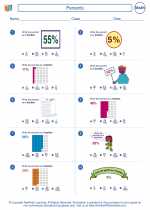
 Worksheet/Answer key
Worksheet/Answer key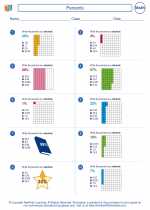
 Worksheet/Answer key
Worksheet/Answer key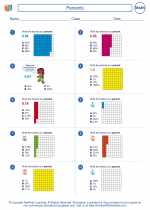
 Vocabulary/Answer key
Vocabulary/Answer key